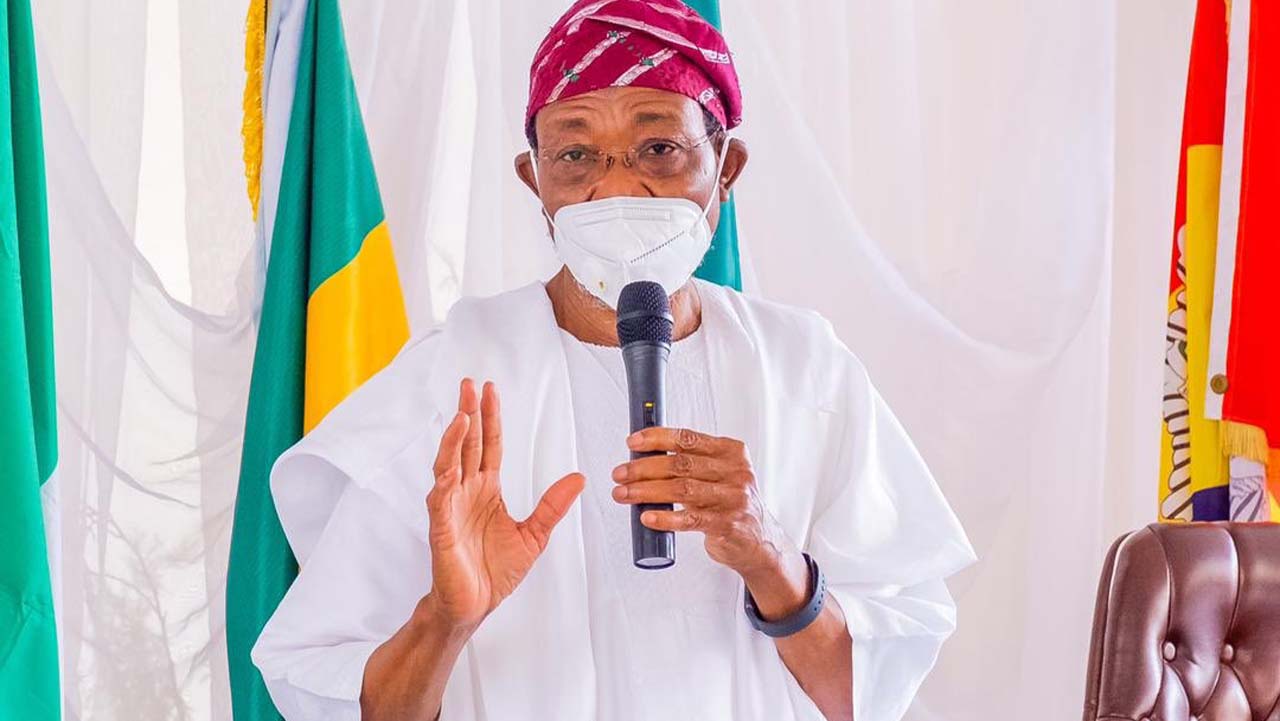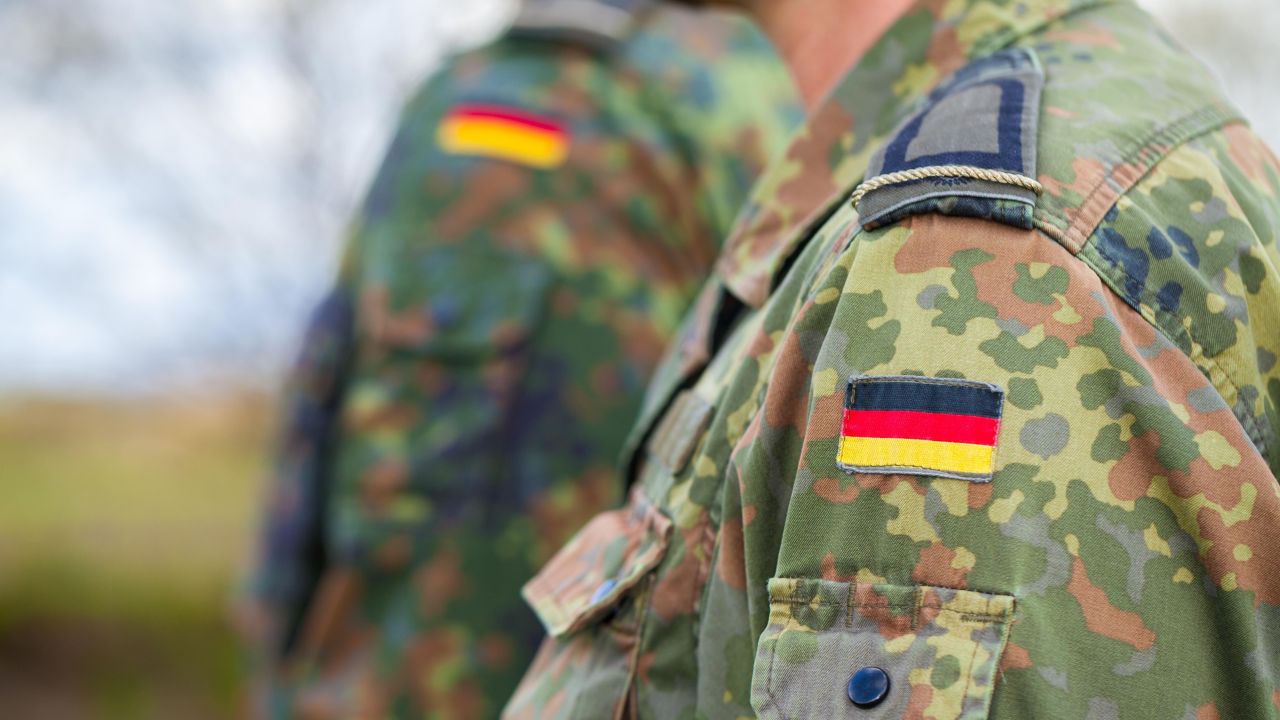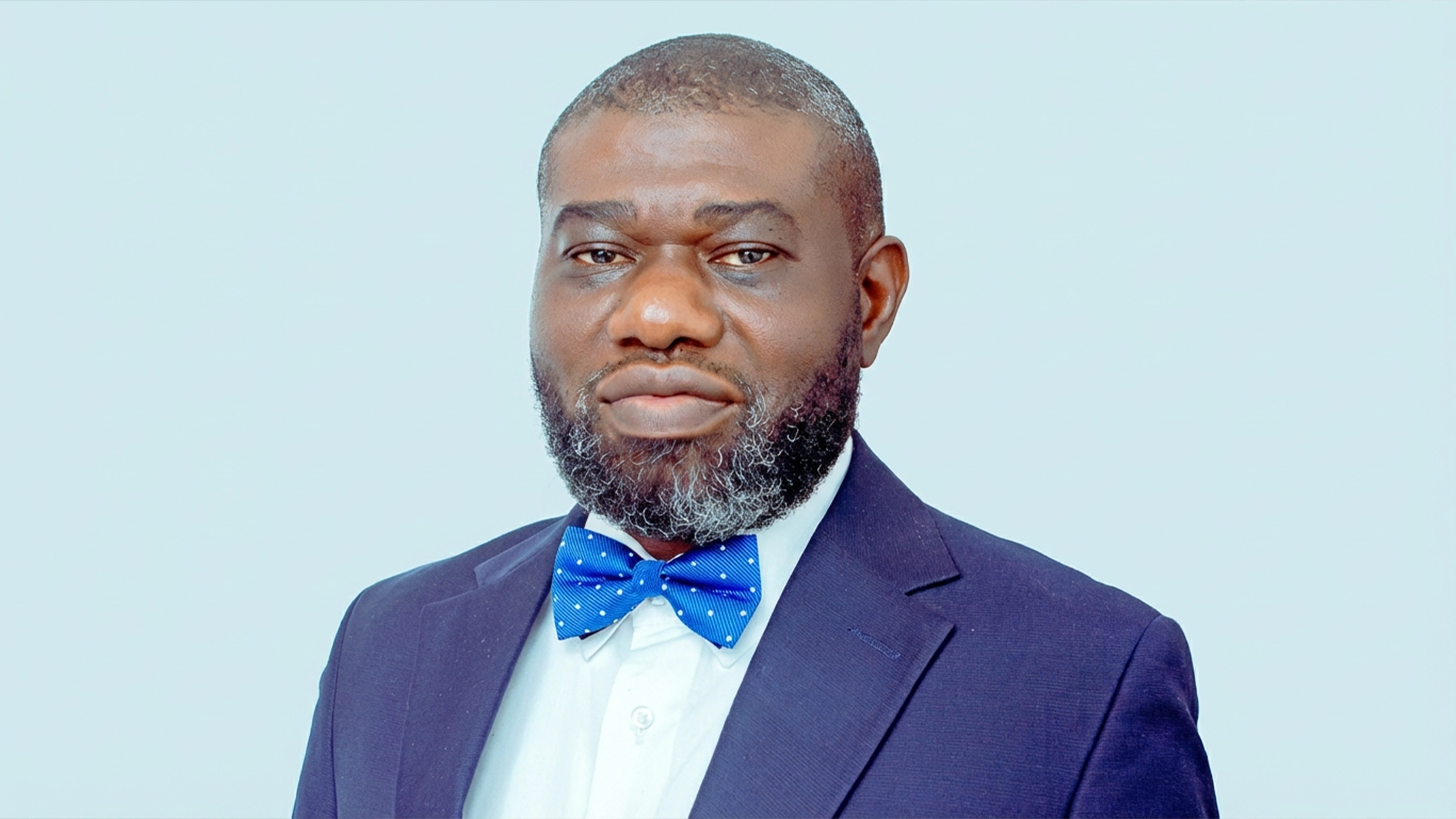
Aregbesola, spoke at the inauguration of the Osun State Command headquarters complex of the Nigeria Correctional Service in Osogbo. He said in parts: “The third way is for state governors to summon the will to do the needful on death row convicts. There are presently 3,008 condemned criminals waiting for their date with the executioners in our meagre custodial facilities. This consists of 2,952 males and 56 females.”
Every wrongdoing must be subjected to a level of punishment/atonem ent/restitution but such measure must not be devoid of human face or stripped of compliance with international best practices. The Government of Sierra Leone was standing up against capital punishment in her country. Why can’t the Federal Government of Nigeria, a nation that prides itself as the giant of Africa and the most populous black nation in world draw a lesson from Sierra Leone?
What is the Federal Government doing to ensure that cases awaiting trial are dispensed swiftly? Why can’t the FG envision making the nation’s prisons truly correctional centres where inmates can be reformed and reintegrated back to the society?
On December 18, 2008, the General Assembly adopted a resolution (A/RES/63/168) reaffirming its previous call for a global moratorium on capital punishment 106 to 46 (with 34 abstentions and another six were absent at the time of the vote).
To decongest Nigeria’s correctional centres, the Federal Government must first, find creative ways of arresting acts/actions that take Nigerians to prison. They must create employment for Nigerians as ‘‘an idle mind is a devil’s workshop.’’ We must reinvest in the education sector to positively empower Nigerians.
Stemming insecurity or criminality is no longer about sending criminals to prison or the government holding all of the powerful weapons but a function of keeping dangerous weapons out of the hands of unstable individuals. And using research on issues related to criminality for informed policy decision- making/roadmaps.
Jerome-Mario Utomi is the programme coordinator (Media and Public Policy), Social and Economic Justice Advocacy (SEJA), Lagos.






